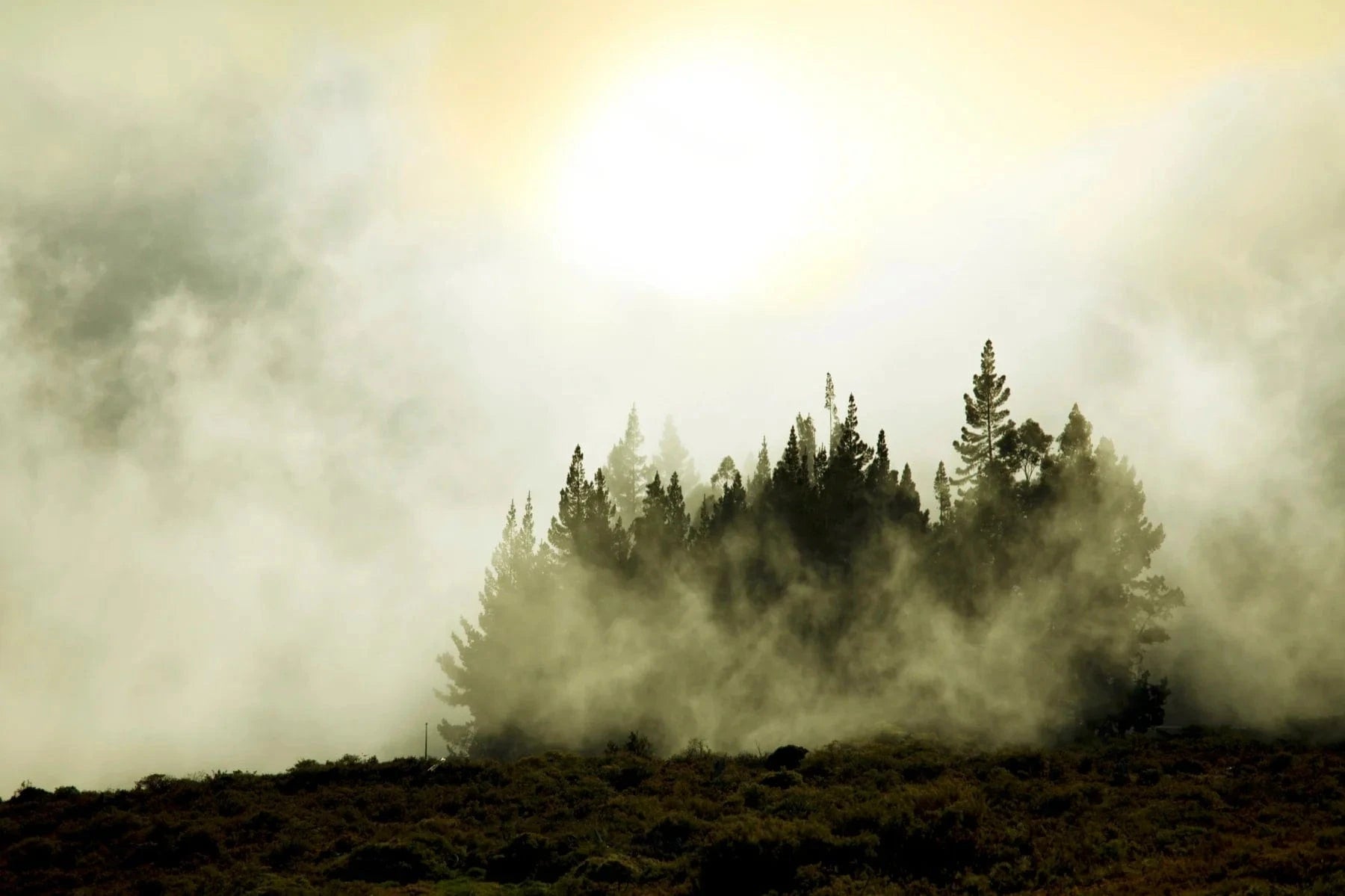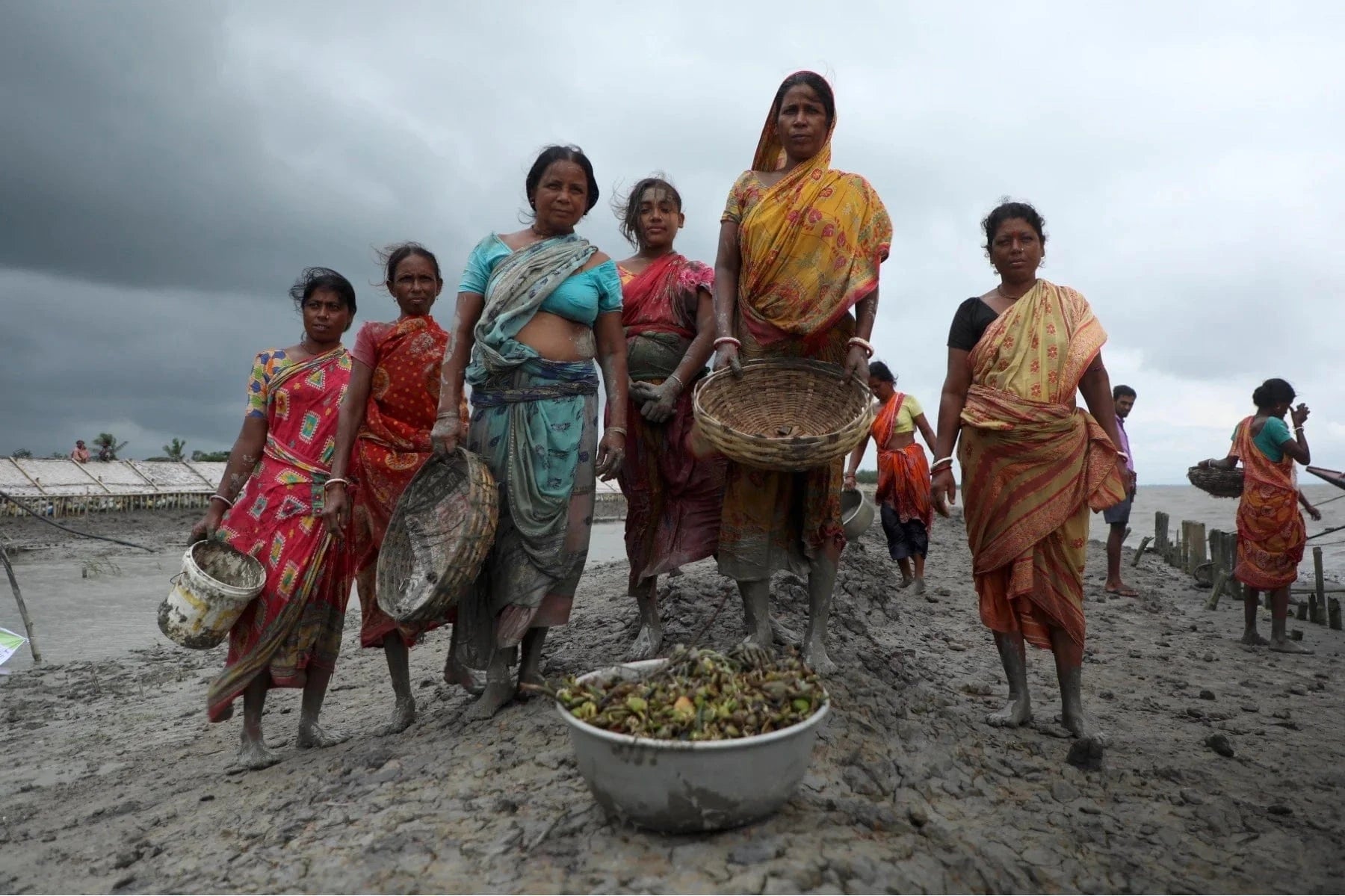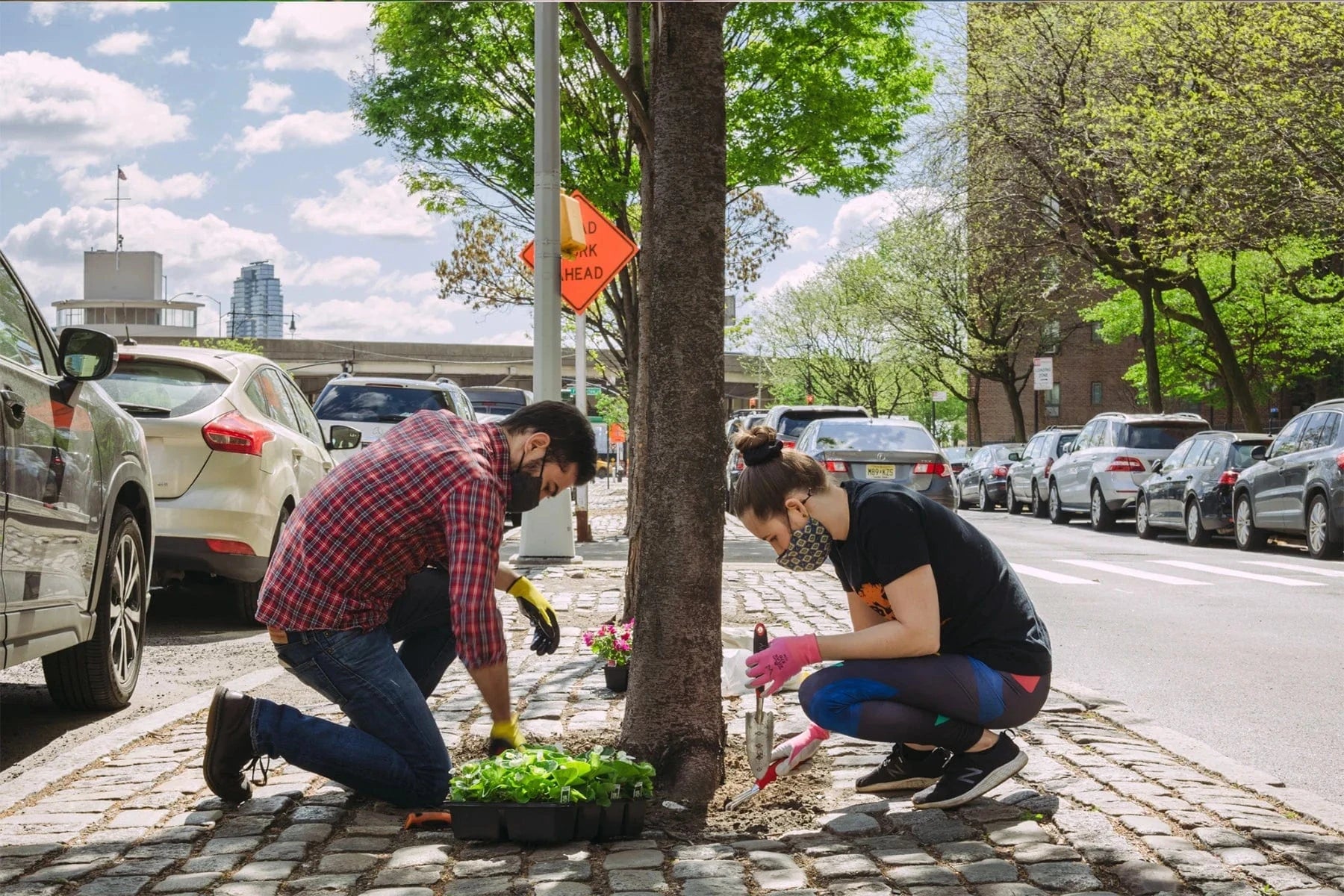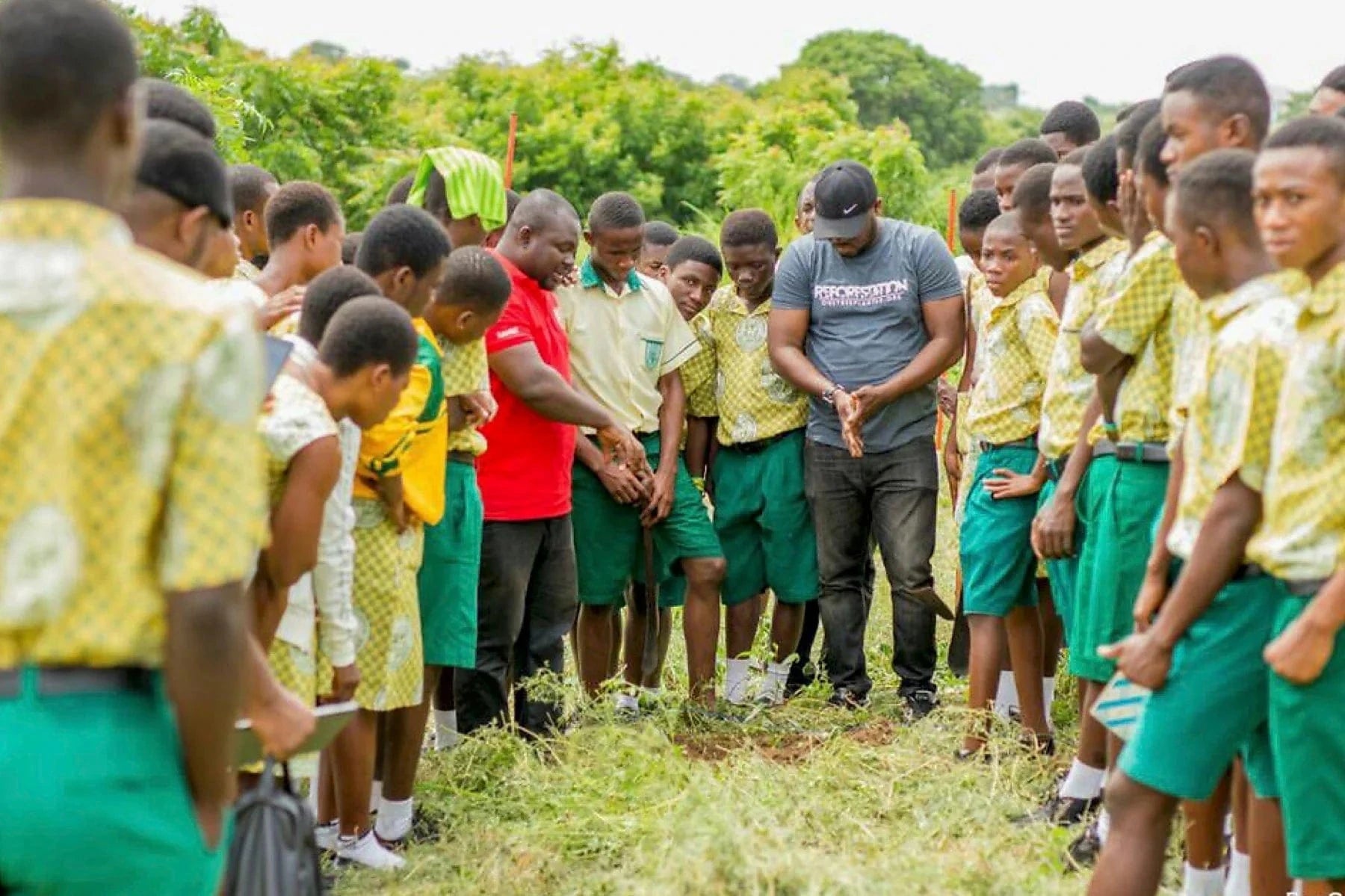
Get news, updates, & event Info delivered right to your inbox:
What is COP26 and Why it Matters
Established by the United Nations in 1995, COP stands for Conference of the Parties. Parties are the signatories of the United Nations Framework Convention on Climate Change (UNFCCC) — a 1994 treaty with 197 Parties (196 countries and the EU). This year's conference, called COP26, will be the 26th COP and will be hosted by the UK. It will take place in Glasgow from October 31-November 12th and will welcome up to 25,000 attendees ranging from world leaders to protesters, businesses and nonprofits like One Tree Planted.
COP26 is important because it will bring 200 countries together to accelerate action on the goals agreed to at the Paris Agreement and the UNFCC. To this end, every country in attendance will be asked to share their updated emission reduction plans as agreed to in the Paris Agreement. Developing countries will require developed countries and the private sector to mobilize funding for climate justice and strategic investment in areas that are most affected byclimate change.
And everyone will need to come together to accelerate concrete action around the globe to tackle the crisis head on. If that sounds like a tall order, it is — but anything short of these goals will likely not be sufficient. After all, this next decade is, literally, crunch time for addressing climate change.
Wondering if high level commitments made by dignitaries in Glasgow will directly affect your daily life? That would be a big yes. Depending on what they agree to, it could change everything from how we heat our homes and fuel (or charge) our vehicles to what infrastructure investments are made and more.

Let's Back Up For A Second: Why Do We Need to Limit Our Temperature Rise To 1.5 Degrees in the First Place?
If you've been paying attention to climate scientists (and we hope you have), you've surely heard about global warming and the 1.5C figure thrown around a lot. Here's why: at 2 degrees of global warming, projections show that there would be widespread — and in many places, catastrophic — impacts on people and nature. At 1.5°C, the impacts would still be serious, but less severe. There would be lower risks of food and water shortages, lower risks to economic growth and fewer species at risk of extinction. Threats to human health from air pollution, disease, malnutrition and extreme heat would also be reduced.
That's why every fraction of a degree of warming matters, and why doing everything we can to reduce climate change and keep warming to 1.5C is so important.
What Are the Goals of cOP 26?

1. Secure Global Net Zero By Mid-Century And Keep 1.5 Degrees Within Reach
While a great start, the targets set by the Paris Agreement would still result in warming above 3 degrees by 2100. To prevent this, each country is expected to up the ante with updated emissions reductions targets (NDCs) every 5 years that reflect their highest possible impact. To deliver on these stretching targets, countries will need to accelerate everything from phasing out coal to investing in renewable energy technologies, conserving existing forests and transitioning from gas to electric vehicles.
As climate leaders recognize, forests play a vital role in removing carbon from the atmosphere and protecting them is crucial to meeting our climate goals. And right now, they're still being lost at a staggering rate. To address this, countries are being encouraged to work together to reform global trade and industrial agriculture so that sustainable production is rewarded and unsustainable practices are directly discouraged.

2. Adapt to Protect Communities and Natural Habitats
Our climate is already changing and will continue to do so regardless of how much we reduce our emissions today. And sadly, those that have done the least to cause climate change are the ones who most acutely feel its effects.
At COP26, world leaders will need need to work together to support the countries most affected by climate change as they work to protect and restore ecosystems, build defenses, establish warning systems and increase the resilience of agriculture and infrastructure.
Bolstering "green infrastructure" by conserving and restoring forests and other natural habitats is an important part of building climate change resilience across the globe. From coastal mangroves to urban oaks, healthy trees literally shield communities from extreme heat and weather events, support the healthy ecosystems that billions depend on for their livelihoods, and more.

3. Mobilize Finance
To achieve the first two goals, developed countries must deliver on their 2009 promise to raise at least $100 billion in climate finance per year. As climate change ramps up, it's increasing impacts on peoples lives stretches governmental budgets across the globe — especially in the developing countries that are hit the hardest.
To meet the moment and ramp up to the necessary scale and speed of change will require funds from both the public and private sectors. Public finance will be needed for the development of green, climate-resilient infrastructure. And private finance will need to be mobilized to fund green technology and innovation — and to help transform billions of public dollars into trillions of total climate investment. If that seems like a lot, consider this: to address the massive scale of the global climate crisis requires a similarly massive scale of investment and resources. The ROI? Protecting human societies, wildlife and ecosystems from catastrophic climate change.

4. Work Together to Deliver
Climate change is a global threat, and no one country can or should be expected to bear the brunt of it — or solve it alone. At COP26, attending countries will need to finalize the Paris Rulebook (the rules needed to implement the Paris Agreement) and accelerate climate action across the globe. On the ground, this will require collaboration between governments, businesses and civil society — but to make this happen, collaboration will need to be assured at the top, too. The UN negotiations are consensus-based, and reaching agreement will depend on leaving no issue behind and making sure everyone’s voice is heard.
This problem is huge and scary, but we firmly believe that if we all come together, there's nothing that we cannot accomplish. One Tree Planted is prepared to continue our work connecting funding from businesses that care with the government, nonprofit and volunteer organizations that are planting trees on the frontlines of climate change across the globe.

One Tree Planted at cOP26
We're excited to share that some of our team, including our CEO and Founder, will be attending COP26, along with our COO and several members of our projects team, some of whom will be sharing behind the scenes photo and video updates via our social media accounts throughout the event. One of our Forestry Experts and Brazil Project Manager, Alaine Ball, will also be part of a Salesforce panel on November 6th at 10am BST. The panel will be focused on advancing tree equity, global urban reforestation, and the importance of ocean ecosystems like mangroves.
In addition to our participation in the Salesforce panel, stay tuned for some exciting developments from AFR100 on Tuesday, November 2 at 9am EST, which we are proud to be a part of in partnership with the World Resources Institute.
What is AFR100? AFR100 (the African Forest Landscape Restoration Initiative) is a country-led effort to bring 100 million hectares of land in Africa into restoration by 2030. It aims to accelerate restoration to enhance food security, increase climate change resilience and mitigation, and combat rural poverty.AFR100 is a partnership of 31 African governments and numerous technical and financial partners. Stakeholder engagement is a key principle of AFR100. Engaging all relevant stakeholders in the assessment of restoration opportunities and identification, testing and active upscaling of promising solutions is considered key for successful restoration. Among many targets the initiative contributes to domestic commitments, the Bonn Challenge, a global commitment to restore 150 million hectares of land around the world by 2020, the New York Declaration on Forests that extends the Bonn Challenge to 350 million hectares by 2030 and the African Resilient Landscapes Initiative (ARLI), an initiative to promote integrated landscape management.Feeling excited about global climate action ahead of COP26? Planting trees is one of the simplest climate actions you can take — so plant trees to make a difference today!
Get news, updates, & event Info delivered right to your inbox:
Related Posts
9 Things to do for Plant a Tree Day
23/09/2025 by Meaghan Weeden
Plant a Tree Day: History and How to Celebrate
19/09/2025 by Meaghan Weeden
The Power of Collective Action: How Communities Drive Environmental Change
04/09/2025 by Meaghan Weeden
Popular On One Tree Planted
What Causes Deforestation?
10/07/2025 by Meaghan Weeden
8 Amazing Bamboo Facts
14/01/2025 by Meaghan Weeden
Inspirational Quotes About Trees
09/01/2025 by Meaghan Weeden
Fundraising Disclosures

Be Part of the
Restoration Movement
The Grove is more than just a monthly giving program: it's a vibrant community of individuals who are dedicated to reforestation and environmental restoration on a global scale.
As a member of The Grove, you affirm your commitment to restoring forests, nurturing biodiversity, and fostering positive global change.





